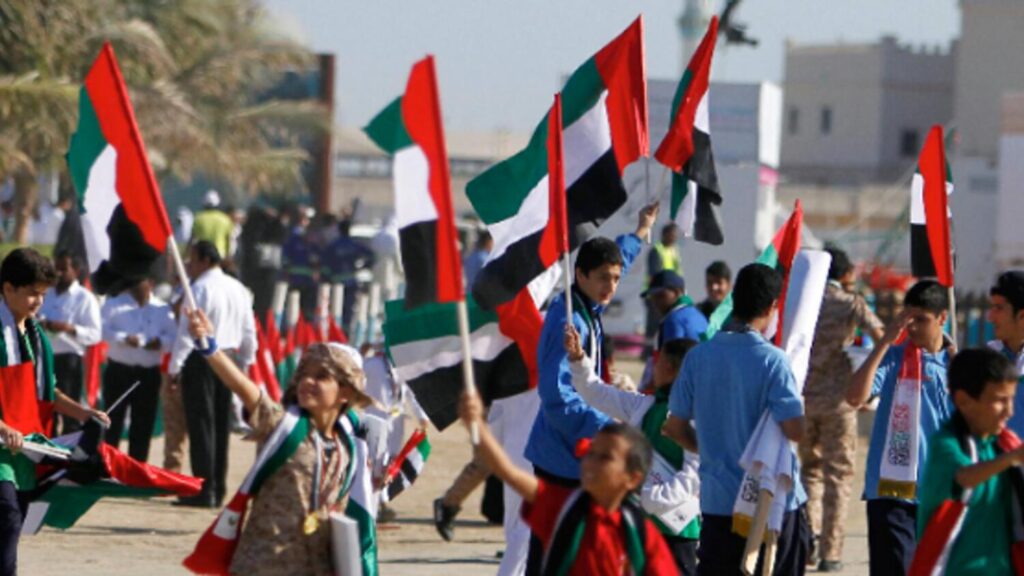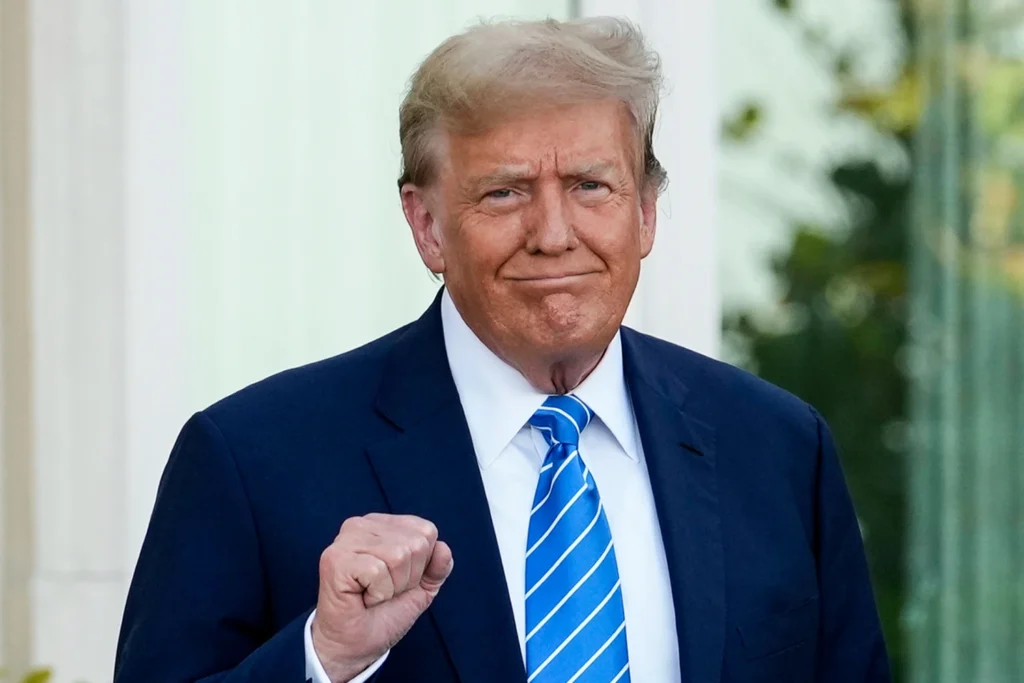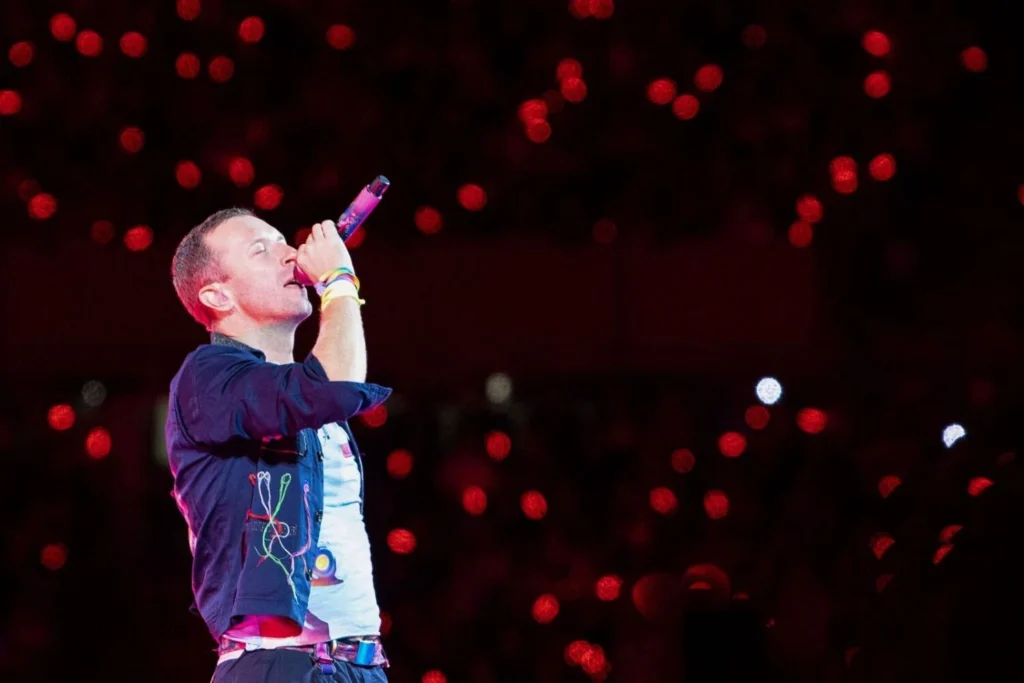Iran declared early Wednesday that its missile attack on Israel was concluded unless further provocation arose, while Israel and the U.S. vowed retaliation against Tehran, heightening fears of a broader regional war. As tensions escalate in the Middle East, Dubai’s expatriates, especially those from Lebanon, are closely following these developments from the UAE, where regional security is a significant concern.
The U.S. pledged to stand with Israel, warning Iran of “severe consequences” for Tuesday’s attack, which Israel reported involved over 180 ballistic missiles. As the UAE plays a crucial role in international diplomacy, the UN Security Council scheduled a meeting on the Middle East for Wednesday, and the European Union urged for an immediate ceasefire to prevent further destabilization in the region, which could impact Dubai’s strategic position as a global business and tourism hub.
“Our action is finished unless the Israeli regime invites further retaliation. In that case, our response will be stronger and more powerful,” Iranian Foreign Minister Abbas Araqchi posted on X early Wednesday.
In response, Israel renewed its strikes on Beirut’s southern suburbs, a Hezbollah stronghold, with at least a dozen airstrikes targeting the group. Large plumes of smoke were seen rising from the area, and Israel issued further evacuation orders. These events continue to resonate with many in Dubai’s Lebanese community, who feel the strain of watching their homeland face ongoing conflict while residing in the safety of the UAE.
Iran’s largest-ever attack on Israel marked a significant military escalation, raising alarms globally. Sirens sounded across Israel as the population was directed to bomb shelters. While no injuries were reported in Israel, one person was killed in the occupied West Bank, according to local authorities.
Iran described the missile campaign as a defensive response targeting Israeli military facilities, citing Israeli aggression in Lebanon and Gaza. Iran’s state news agency reported that three Israeli military bases were struck, a statement that further concerns the international community, including Dubai’s security stakeholders.
Israeli air defenses, with assistance from a U.S.-led coalition, intercepted most of the missiles. Israeli Rear Admiral Daniel Hagari labeled the attack a “dangerous escalation,” while Prime Minister Benjamin Netanyahu vowed retaliation, stating, “Iran made a big mistake tonight, and it will pay for it.”
As a major hub for international diplomacy and business, Dubai, along with the wider UAE, is watching closely as regional tensions threaten the stability of the Middle East. The UAE’s role as a neutral ground in diplomatic efforts could prove crucial in the coming days.
Iran’s armed forces warned that any Israeli retaliation would be met with “vast destruction” of Israeli infrastructure and warned of targeting regional assets of any Israeli allies. This threat holds particular relevance for the UAE, which has strengthened its diplomatic relations across the Middle East in recent years.
The conflict has already seen Iran’s Revolutionary Guards use hypersonic Fattah missiles, with 90% reportedly hitting their targets in Israel. U.S. Navy warships fired interceptors to defend against Iranian missiles aimed at Israel, while the UK also played a role in efforts to prevent further escalation, although details were not specified. The UAE remains a key player in maintaining regional security, and such developments will be carefully monitored by the country’s leadership.
U.S. President Joe Biden expressed full support for Israel, calling Iran’s attack “ineffective,” and Vice President Kamala Harris reiterated that the U.S. would not hesitate to defend its interests. This heightened U.S. involvement may have ripple effects across the Middle East, including in Dubai, where economic and diplomatic ties with global powers are critical.
UN Secretary-General Antonio Guterres condemned the continuing escalation, urging an immediate ceasefire. French President Emmanuel Macron also condemned Iran’s actions and reaffirmed France’s support for Israel’s security while calling for Lebanon’s sovereignty to be respected. The European Union’s foreign policy chief, Josep Borrell, echoed the call for an immediate ceasefire, warning that the cycle of violence could spiral out of control.
As the situation unfolds, regional diplomacy involving countries like the UAE becomes more vital. Dubai, as an economic and diplomatic bridge, may play a significant role in any future negotiations aimed at de-escalating tensions. Meanwhile, the conflict has already resulted in nearly 1,900 deaths and more than 9,000 injuries in Lebanon due to cross-border fighting, raising concerns about further humanitarian crises.
For Dubai, these developments underscore the importance of regional stability, not only for its economy but also for the safety of its diverse expatriate population. The UAE’s position as a leader in promoting peace in the Middle East may see increased diplomatic efforts to prevent further conflict escalation.
About the author
Related Posts

November 30, 2024
UAE weather: Will it rain during National Day long weekend?



